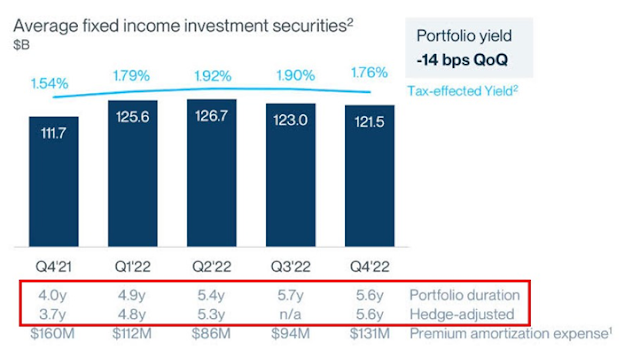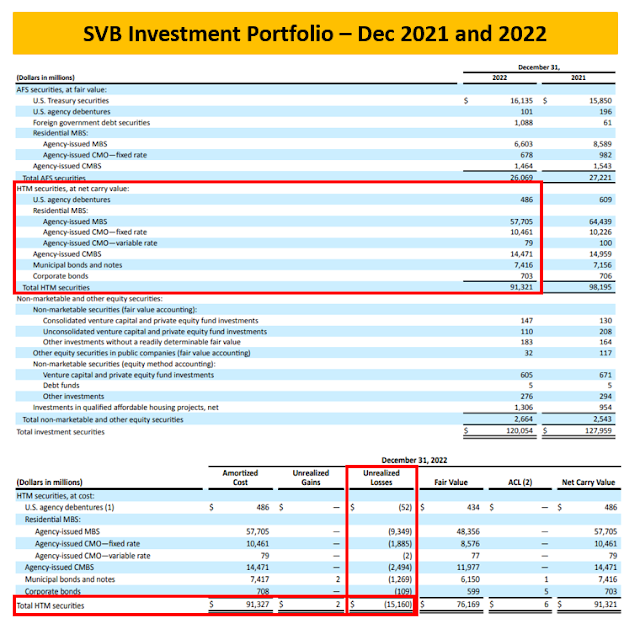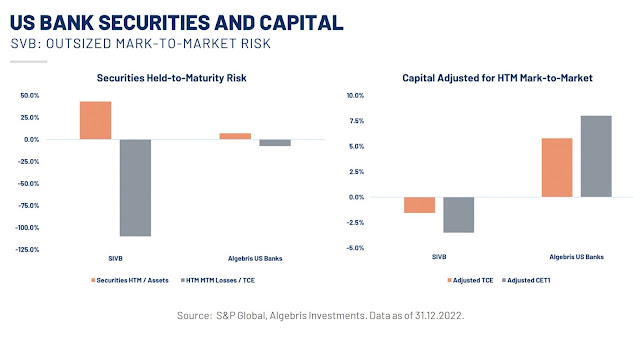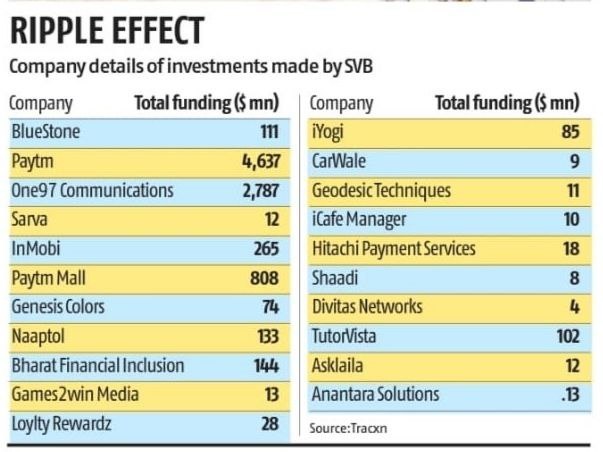Very soon global inflation will come down and equities will find space for interest rate cuts down. The time will be sooner than later since the way the debt conditions of the global banks interlinked Equity can only help them to survive. What we ignored and became deaf to hear the warnings about the Credit Susie Deutsche Bank valuations has now created a big loss for global investors. We need to know the depth of the risk and its place of birth in order to know how much liquidity will be required to save these banks or sell these banks. One might be happy that other banks are buying and saving the falling banks but do remember that the good bank's absorption of bad banks raises the risk of the equality of credit ratings of good banks. The banks will have to face tough times to write off, readjust and reprise their own holding and credit quality. The reason is simple when toxicity is high it has its own pain to reduce it.
According to Deutsche Bank’s Basel III Pillar III Risk Disclosures, as of the end of December 2022, Deutsche Bank’s Liquidity Coverage Ratio was 135%, higher than the minimum requirement of 100%. The figure tells us that at the end of 2022. But the way interest rates are going up the risk of credit quality and liquidity raises the eyebrow for the global banks. We are far from the levels of Too Big to fail type notions since the global economy is yet to come out of various issues impacting the sentiments of survival.
In October 2022 it was found that Credit Suisse’s credit default
insurance (CDS) levels resemble the same CDS levels Lehman Brothers had just
before the bank’s bankruptcy. I found during October 2022 that “[Credit Suisse]
is trading at 0.23 x tangible books [and] Deutsche Bank is trading at 0.3x
tangible book value. So the alarms were already high much before. Investors'
demand goes up when the rate of interest rates goes up and simultaneously the
risk and quality of debt raise the risk further and liquidity risk too.
Investors now demand annual interest payments of about 9 per cent a year
from US businesses with low scores from rating agencies, up from just below 5%
in March 2021. The current small bank crisis will spook up the speculation
further and hence would lead to a major cry out for help.
The small banks' collapse has led to a significant slowdown threat to
the global economy. It’s being found that not only consumption slowdown will
begin but also industrial consumption will be slower. Credit off-take from
banks will be slower and also consumers will prefer to save more keeping the
weak global banking system. The housing loan market will slow down as most of
the consumers from the middle-class segment will place a pause on buying. The
nightmare of 2008 is very much alive hence consumption will be slow and
investments will also take the hit of pause.
The reason is that most of the clients of the small banks are middle
class hence they play a significant role in the economy. Smaller banks are
crucial drivers of credit growth. Banks smaller than the top 25 largest
accounts for around 38% of all outstanding loans: Fed data. They account for
67% of commercial real estate lending. The risk has no spilt over to
other asset classes and we need to have a deep understanding of the risk
arising from the same. As the lending tightens more risk will spill over to the
CDS and other paper quality of debt.
So who can save the Debt Crisis? Well, it’s the equity which can help
prevent debt from falling down and leading to a massive crash. The
conversion of debt into equity is the option left for the global corporates and
all those debt papers. The convertibles market has reopened
with a bang in the US and will be moving ahead aggressively in other countries
keeping the current contagion fallouts. The pressure is already
building with a slowdown in lending, which will spill to bond repayments and
liquidity, followed by increasing investors' demand.
This means that global equity markets have to halt interest rate hikes
at the earliest so that conversion into equity becomes a life saviour for the
global debt market. Banks have to move to tighten their lending standards and
seek to improve their duration and interest rate gaps
so that increasing interest rates does not impact them. This is the place where
the slowdown or recession factors will play. As I said earlier the recession
definition has changed dramatically so as has the banking collapse.
Total bank deposits have been falling
for nearly a year — to $17.6 trillion last week from $18.1 trillion last
April — as Americans shift money out of bank accounts that pay little interest
to higher-yielding savings vehicles, like Treasury bills and money market
mutual funds. The demand for investing in equities is growing up and the same
will initiate a massive bull run across the globe and particularly in emerging
economies.































